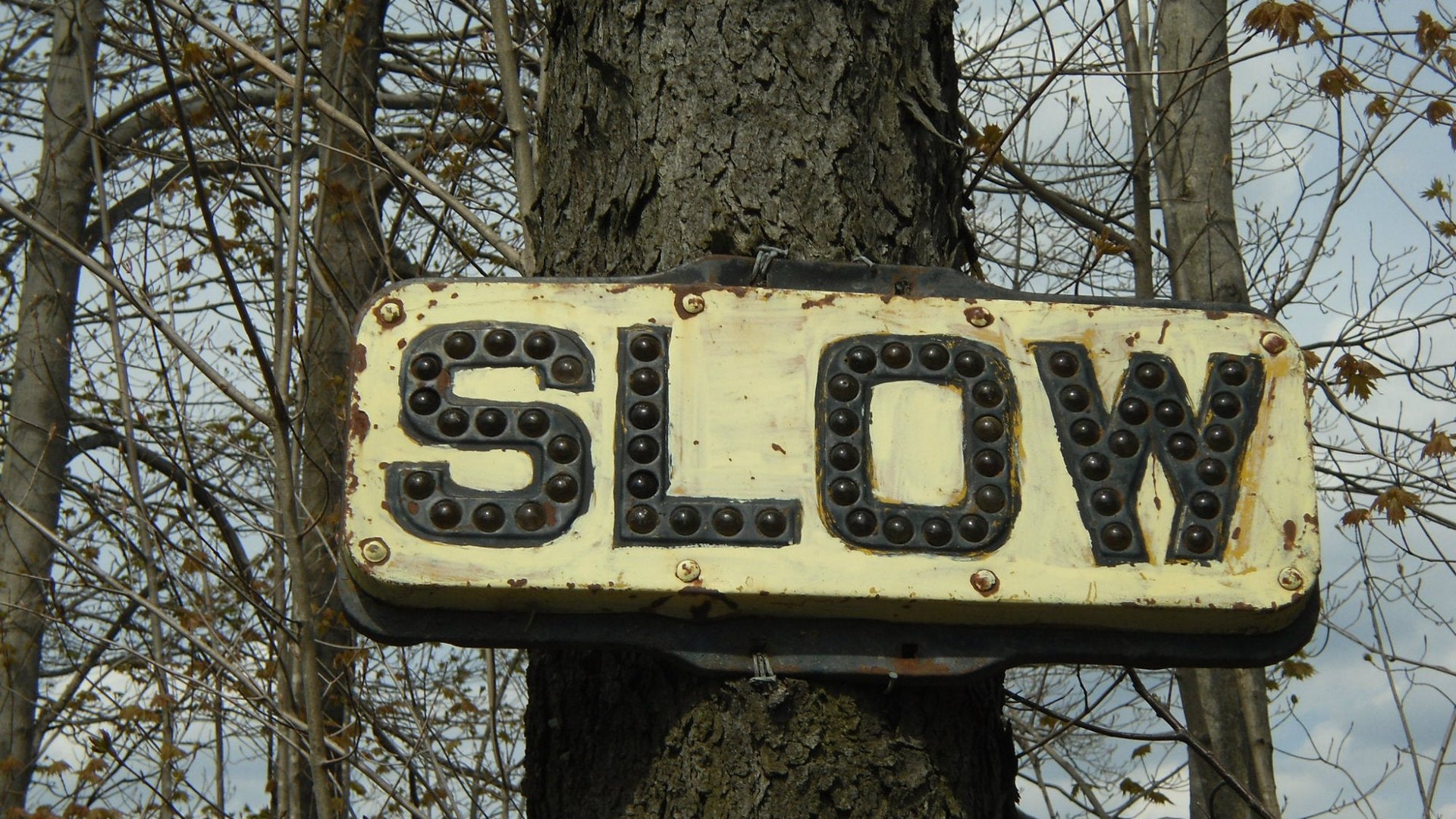Residents of a small town desperate for broadband access have resorted to writing hilarious protest songs about it
Lexington is a rural village of less than 1,000 people in upstate New York’s Greene County. While New York City is less than a three hours drive away, in terms of internet connectivity, Lexington could not be more different from the Big Apple.


Lexington is a rural village of less than 1,000 people in upstate New York’s Greene County. While New York City is less than a three hours drive away, in terms of internet connectivity, Lexington could not be more different from the Big Apple.
There’s no broadband internet access. Cell phone service is spotty at best. Things most Americans take for granted like watching a video online or uploading files are nearly impossible, making it hard to work or study from home.
“It’s the difference between a town living or dying,” resident Bonnie Blader said. “We are 2.5 hours from NYC and it is as if we live on a different planet.”
Lexington’s lack of internet access isn’t unusual in rural America, where the cost of providing high-speed service is considered prohibitively high by most telecom companies. Nearly 20 million Americans live in places, mostly rural areas, where it’s not possible to buy broadband service with download speeds of at least 10 megabytes per second. At that speed, it takes about 12 minutes to download a movie.
Lexington is not going quietly into digital darkness. In a move worthy of a Christopher Guest film, they’ve set their angst to music, starting with a pro-broadband ballad to the tune of the 1950s cowboy song “Rawhide.”
“Lexington is lovely, there’s nothing here that’s ugly,” a chorus of aggrieved townspeople sang at a pep rally last July. “I’d upload pics if I had gigs on hand.”
Residents were thrilled when New York governor Andrew Cuomo’s announced in January 2015 a $1 billion program to bring high speed internet service to every state resident by 2019. When they learned in January that an obscure rule rendered them ineligible to apply for the first round of funding, they turned their frustration into a second song, “Second Round Woes.”
The FCC treats internet like a public utility, in the sense that providers can’t interfere with the content users access or prioritize speeds of some content over others.
But no matter how essential internet becomes to daily life and commerce, it’s generally not regarded in the US as an essential. The US came in 27th in the World Economic Forum’s most recent ranking of countries by number of households with internet access. As Quartz has reported before, that attitude contrasts with those of countries that have heavily subsidized internet access. The UK, for example, has pledged to service all homes and businesses with broadband of at least 24 MB per second by 2020.
“Access to the internet shouldn’t be a luxury, it should be a right—absolutely fundamental to life in 21st century Britain,” prime minister David Cameron said last year when announcing the plan.
Compare that to remarks from Federal Communications Commission member Michael O’Rielly, who told a meeting of the Internet Innovation Alliance last year that considering internet of any speed a basic right was “ludicrous,” he said:
It is important to note that Internet access is not a necessity in the day-to-day lives of Americans and doesn’t even come close to the threshold to be considered a basic human right. . . . People can and do live without Internet access, and many lead very successful lives. Instead, the term “necessity” should be reserved to those items that humans cannot live without, such as food, shelter, and water.
It is even more ludicrous to compare Internet access to a basic human right. In fact, it is quite demeaning to do so in my opinion.
A human won’t perish without internet access. But communities might. Discouraged potential homebuyers have passed over Lexington due to the inability to work or study at home. Many current residents are considering moving for those same reasons. Lexington’s bucolic setting has made it a popular second home destination for many New Yorkers, who might stay longer than the weekend—and thus contribute significantly more to the local economy—if they could work remotely.
Registered nurse Shari Pushman works as a case manager for a health care company from home in Lexington, where the internet cuts out frequently during video calls with patients. Her family is considering moving, for her sake and that of her grade-school daughter.
“As far as the community, [improved internet] would mean the possibility of growth,” Pushman said. “Nobody can move here because internet access is no longer optional for families. It is a must.”
Cropped image by Doug Kerr on Flickr under license CC BY-SA 2.0.